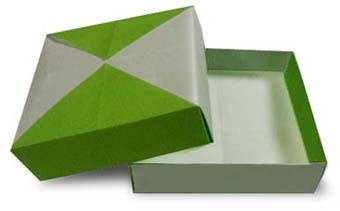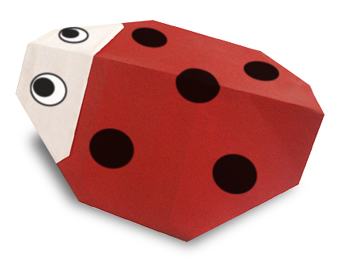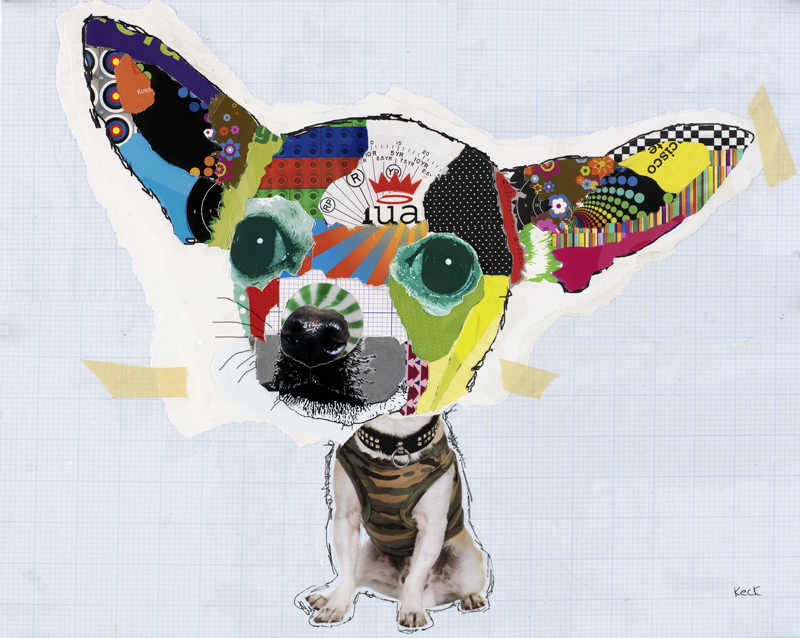
Origami is the Japanese word for paper folding. ORI means to fold and KAMI means paper. Together, they form the word, "origami." It is an art form that has been handed down from parent to child through many generations. Origami involves the creation of paper forms usually entirely by folding. Animals, birds, fish, geometric shapes, puppets, toys and masks are among the models that even very young children can learn to make in just one sitting.
BENEFITS
Did you know that when you practice origami, you are activating your whole brain? It has long been known that origami has many benefits like developing eye hand co-ordination, sequencing skills, attention skills, patience, temporal spatial skills, math reasoning etc. but according to the latest research on the brain and the work of Doctor Katrin Shumakov and Yuri Shumakov, when both hands are engaged, impellent motor impulses activate the language portion of the brain.
Below is a list of just some of the benefits of using origami.
* Reading Skills
* Writing Skills
* Processing Skills
* Visual Motor
* Temporal Spatial
* Logical Reasoning
* Attention Skills
* Concentration

* Sequencing
* Math Concepts
* Measurement
* Geometry
* Proportion
* Fractions
* Symmetry
* Problem Solving
* Science Principles
* Ecology
* Creativity

* Oriental Culture
* Independent Study
* Social Skills
* Self Confidence
* Library Skills
* Manual Dexterity
* Speech Language













